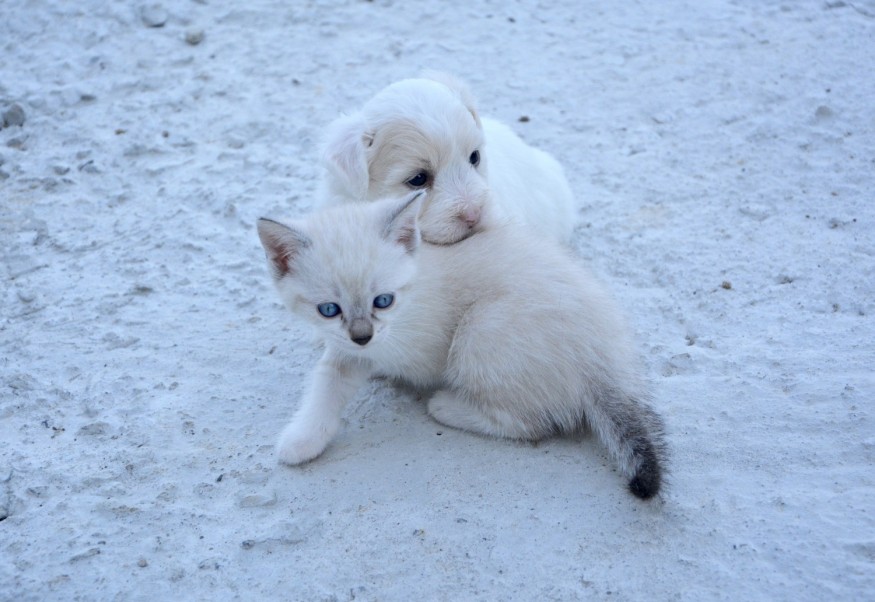
The debate between cat lovers and dog persons is a really ancient one. After all, both animals have been domesticated by humans for thousands of years. And as with any debate like it, the question of which one is smarter is always popular.
Surprisingly though, the question has not actually been settled in all this time. A lot of this has to do with the fact that our understanding of how brains work is still surprisingly young. This goes for research with animals as much as with people.
Still, experts have certainly come a long way to understanding the different structures between canine and feline brains! Below is just a brief summary of what all experts agree on so far.
Cat VS Dog - Battle of Neurons
One of the more recently discovered differences between cats and dogs is the way neurons are structured between them.
In one research, it was found that cats had a higher degree of neuron packing density than dogs. But on the other hand, dogs actually beat out cats (and other carnivores) in terms of number of neurons despite them being packed into a smaller space.
Of course, all this tells us is that dogs are capable of more complex tricks than any complete display of intelligence. One should also take into account that at least some dog breeds are popularly teased for being a little less brighter than the rest of the canine family.
It is also important to keep in mind the role of evolution and the hunting styles of both species wilder cousins.
Dogs are descended from wolves, and therefore retain a lot of the same intelligence that lets them form bonds even with members of different species. This leads them to think and coordinate in packs (as well as respond to human training).
Cats, on the other hand, are generally more independent and rarely work in groups. Their hunting behavior is geared towards patiently stalking prey and timing their attacks.
Cat's brain more mysterious than dog's
Another thing to take note is that dogs actually have had a lot more neuroscientific research done on them compared to cats.
This is not entirely due to bias either. Dogs are still a little more utilized than cats when it comes to working as support animals in a number of fields (including military and law enforcement). Any additional research conducted on them is a natural consequence.
Cats (along with other more independent-minded animals) are also less cooperative in experiments. That means researchers may still have to find another way to design their tests and measuring tools for a better, more accurate shot of measuring cat intelligence.
Overall, it does not look like there will be an end to this particular side of the cat versus dog debate. One thing is for certain though is that a different type of animal intelligence is neither superior or inferior. It is only an indicator of how our pets do what they do best.
© 2025 NatureWorldNews.com All rights reserved. Do not reproduce without permission.





